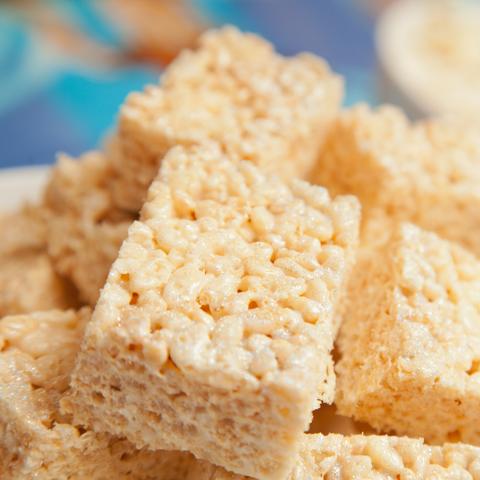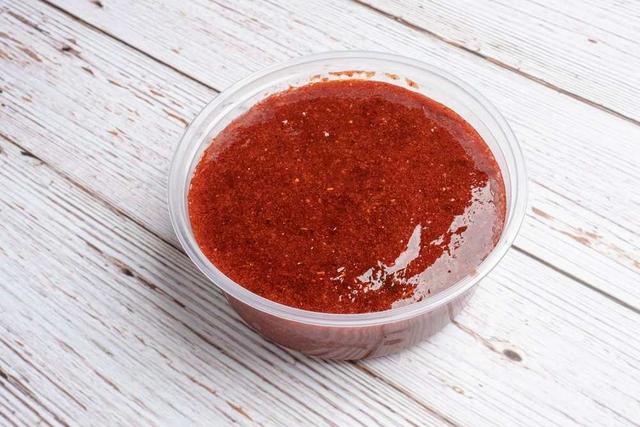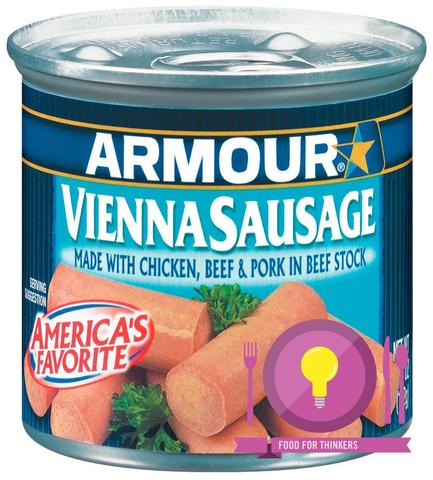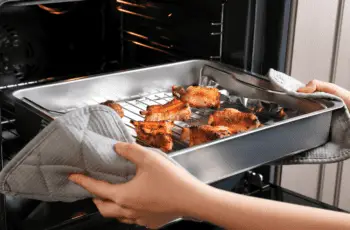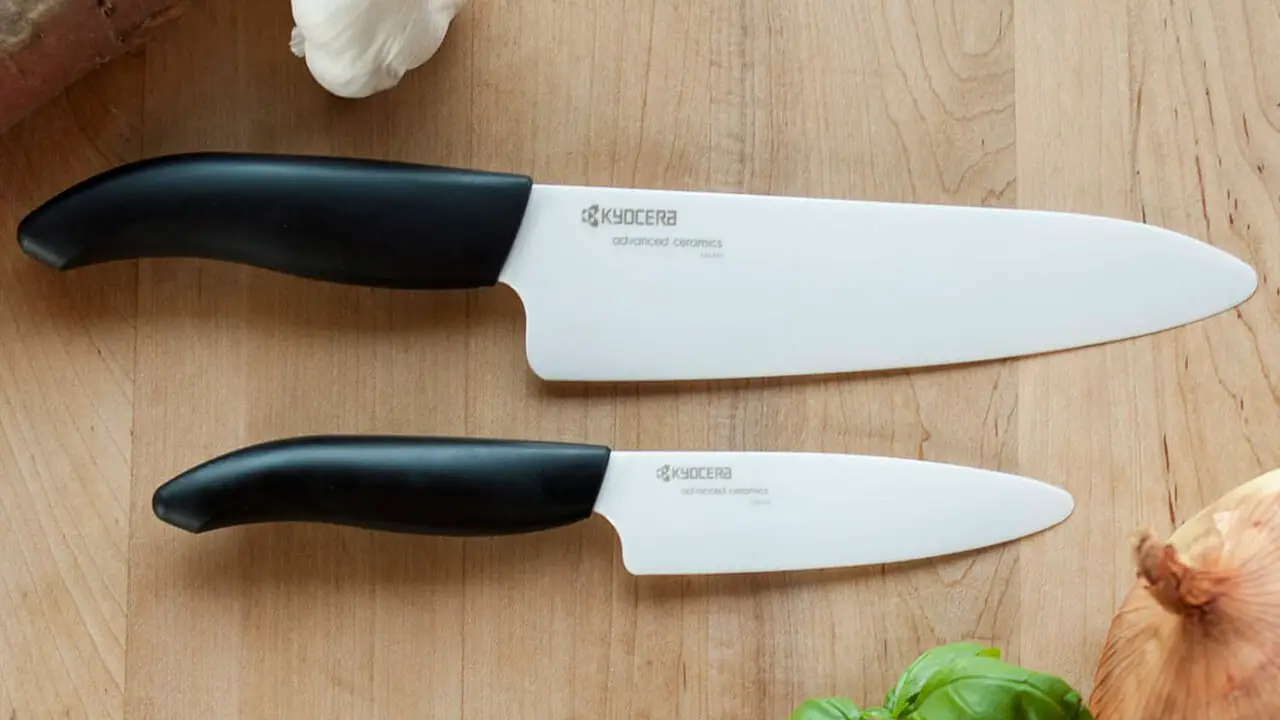
“Effortlessly achieve precision and efficiency with our Ceramic Knife Sharpening Solution. Experience the ultimate sharpening experience for your ceramic knives, ensuring long-lasting sharpness and optimal cutting performance. Discover the perfect blend of convenience and effectiveness to elevate your culinary skills to new heights.”
How to Sharpen Ceramic Knives: Can it be done?
If you own a ceramic knife set and have discovered that your knives have become dull, you may be wondering if it is possible to sharpen them at home. While ceramic knives are known for their sharpness and durability, they can eventually lose their edge. The good news is that with the right technique and tools, it is possible to sharpen ceramic knives yourself.

One important consideration when sharpening ceramic knives is their brittleness. Ceramic blades are very fragile and can easily snap if too much pressure is applied. Additionally, the only material hard enough to sharpen ceramic is diamond, which has a hardness of 10. This means that traditional sharpening methods used for steel knives will not work with ceramic.
To sharpen a ceramic knife at home, you will need to use a diamond stone or an electric knife sharpener specifically designed for ceramic knives. These tools will help maintain the sharpness of the blade and remove any nicks or divets that may have occurred due to the knife’s brittleness. While they may not restore the blade to factory sharpness, they can prolong the life of your knife.
Can YouSharpen a Ceramic Knife?
If you own a ceramic knife set, you may have discovered that even the best ceramic knives can become dull over time. While ceramic knives are often touted as never going dull, this claim is not entirely true. Although they hold their sharpness for a good 6 months or longer, eventually they will become dull and require sharpening. However, sharpening ceramic knives at home can be a bit tricky due to their brittle nature.
Ceramic blades are very brittle and applying too much pressure to the side of the blade can cause it to snap. Additionally, the only material hard enough to sharpen ceramic is diamond. These factors make sharpening ceramic knives more challenging compared to steel knives. When sharpening ceramic knives on a stone, it is important to use both hands on the blade for better control and avoid putting pressure laterally on the blade. Furthermore, unlike steel knives, a burr will not form when sharpening ceramic, making it difficult to know when you’ve completed the task.
What other ceramic knife sharpeners are there?
There are a few other options available for sharpening ceramic knives if you don’t want to use a diamond stone or an electric knife sharpener. One option is to use a manual ceramic knife sharpener. These sharpeners typically have two ceramic rods that you run the blade of the knife through at the correct angle. They are designed specifically for sharpening ceramic knives and can help restore the blade’s sharpness. Another option is to use a honing rod made specifically for ceramic knives. These rods are usually made of a harder material, such as alumina ceramic, and can help maintain the edge of your ceramic knife between sharpenings. Lastly, some people have had success using a leather strop or a piece of leather with polishing compound to polish and refine the edge of their ceramic knives. This method requires some skill and technique, but it can be effective in maintaining the sharpness of your blades.
In conclusion, while it may seem challenging to sharpen ceramic knives at home due to their brittleness and hardness, there are several options available. Whether you choose to use a diamond stone, an electric knife sharpener, or one of the alternative methods mentioned above, it is possible to restore the sharpness of your ceramic knives and prolong their lifespan. Just remember to handle them with care and follow proper maintenance practices to ensure they stay in tip-top shape.
Maintaining Ceramic Knives
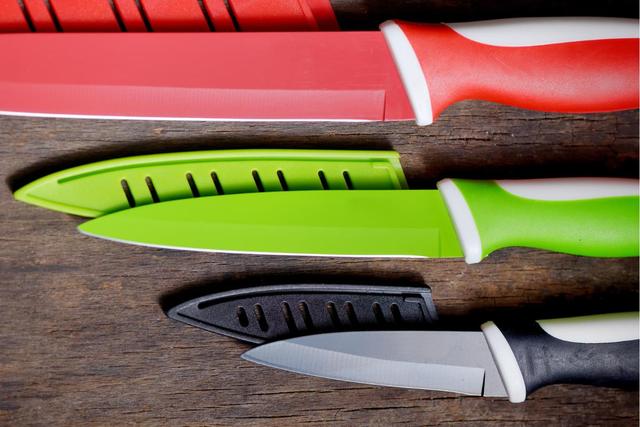
Maintaining ceramic knives is essential to keep them in optimal condition and prolong their lifespan. Here are some tips to help you care for your ceramic knives:
1. Handle with Care: Ceramic knives are brittle and can chip or break easily if mishandled. Avoid dropping them or placing them in the sink where they can collide with other utensils.
2. Use on Appropriate Foods: Ceramic knives are not designed for cutting through tough, thick, or frozen foods. Stick to using them on softer ingredients like fruits, vegetables, and boneless meats.
3. Store Properly: To prevent accidental damage, store your ceramic knives in a protective sleeve or sheath. Avoid storing them in a drawer where they can rub against other utensils.
4. Hand Wash Only: Never put your ceramic knives in the dishwasher as the harsh detergents and high heat can cause the blades to become dull or even crack. Instead, wash them by hand using warm soapy water and a non-abrasive sponge.
5. Dry Immediately: After washing, dry your ceramic knives thoroughly with a soft cloth to prevent moisture from causing corrosion or discoloration.
6. Avoid Cutting on Hard Surfaces: Using your ceramic knife on hard surfaces like stone or glass cutting boards can cause the blade to chip or dull prematurely. Opt for softer cutting boards made of wood or plastic instead.
By following these maintenance tips, you can ensure that your ceramic knives stay sharp and reliable for years to come.
Conclusion
In conclusion, while ceramic knives are touted as being extremely sharp and long-lasting, they do eventually become dull and need to be sharpened. Sharpening ceramic knives at home can be a challenge due to their brittleness and the need for diamond abrasives. However, there are options available such as using a diamond stone or an electric knife sharpener specifically designed for ceramic knives. It is important to exercise caution and follow proper techniques when sharpening ceramic knives to avoid causing further damage. Alternatively, if sharpening at home seems too difficult or risky, it may be more practical to invest in a new set of knives.
In conclusion, sharpening a ceramic knife is crucial for maintaining its cutting performance and extending its lifespan. By following the proper techniques and using the right tools, users can easily restore the sharpness of their ceramic knives. Regular maintenance will ensure efficient and safe use in the kitchen, enhancing overall culinary experience.
Learn More About Grilling
If you want to learn more about grilling, check out these other helpful resources!

